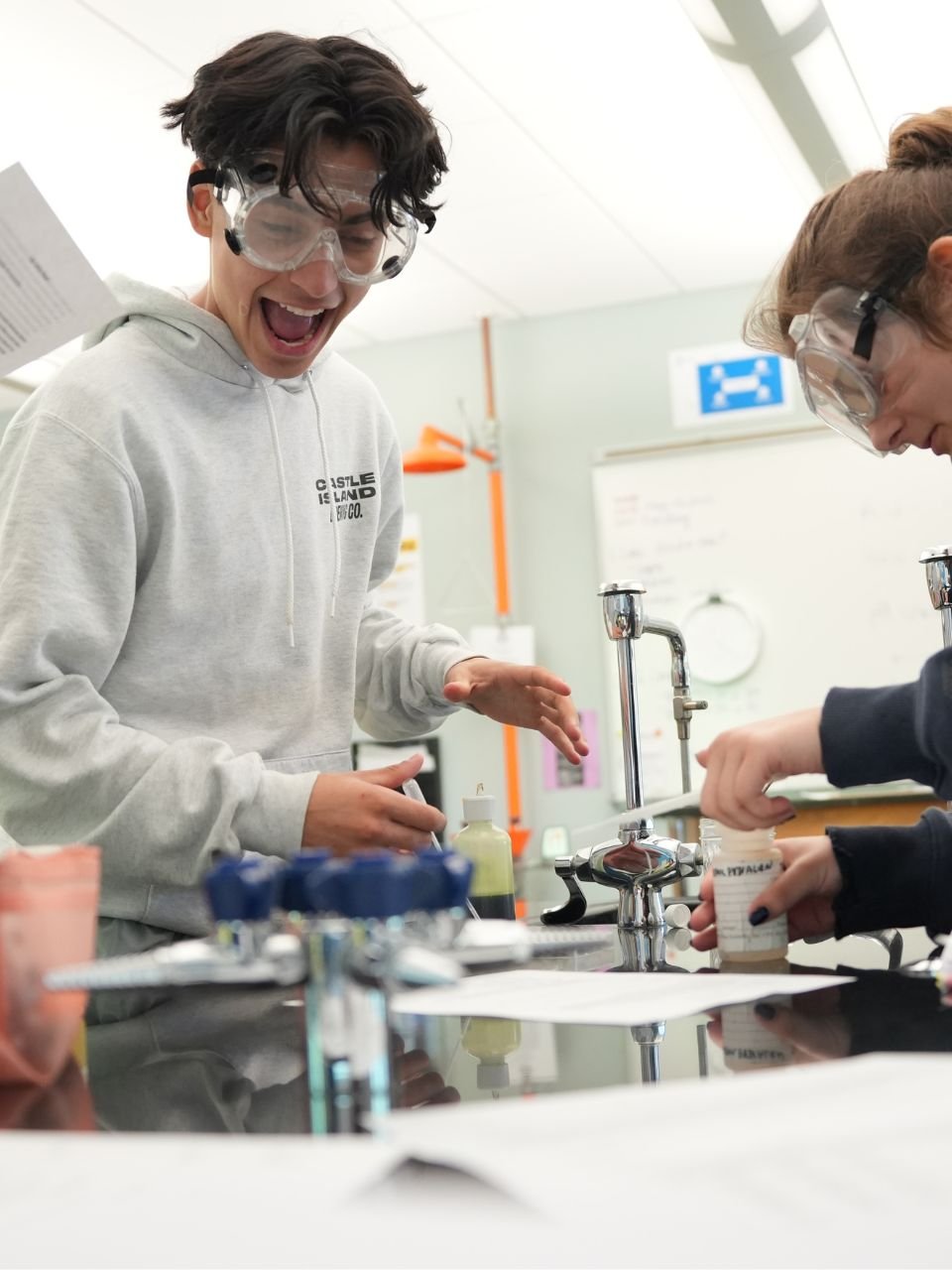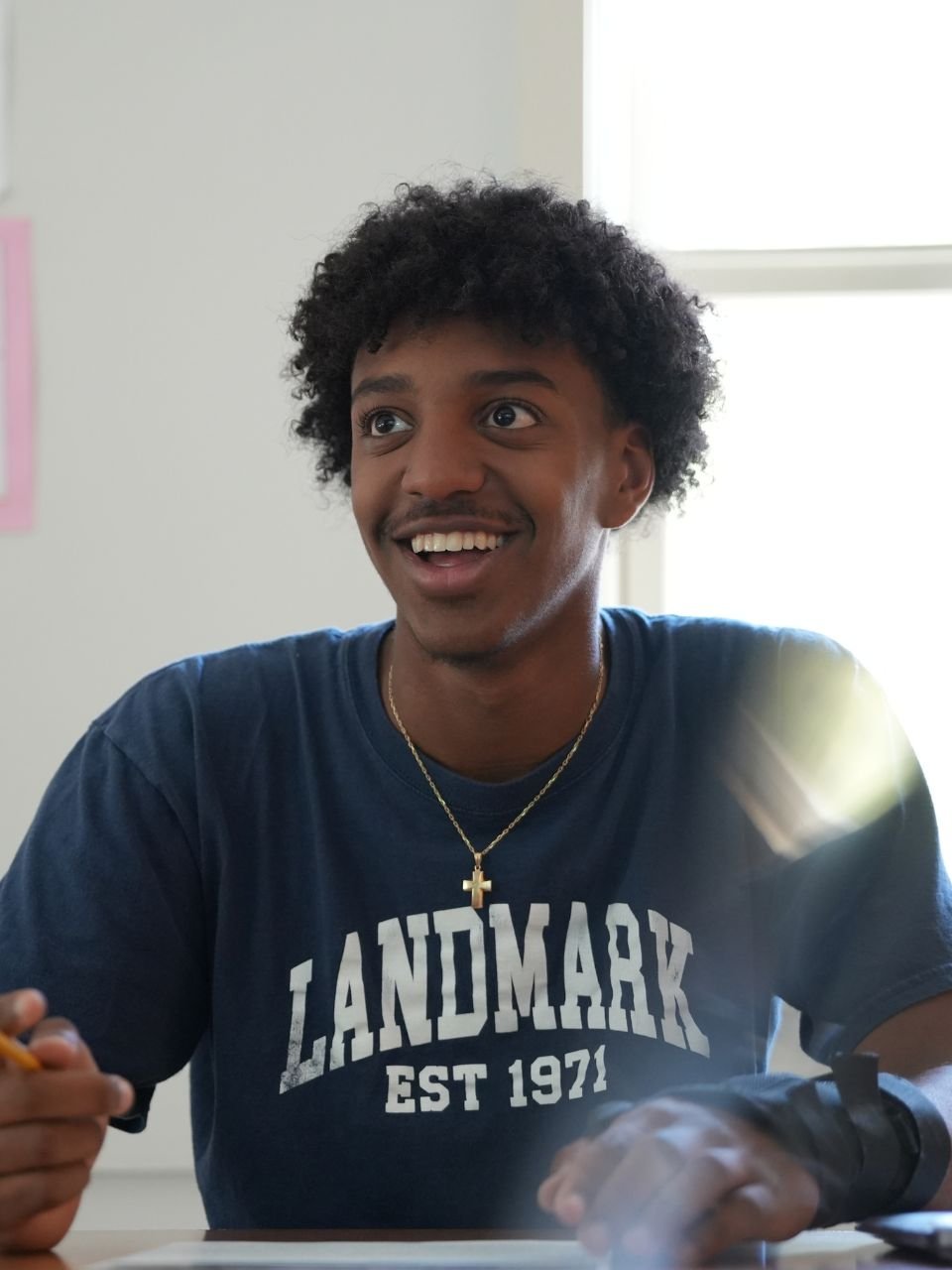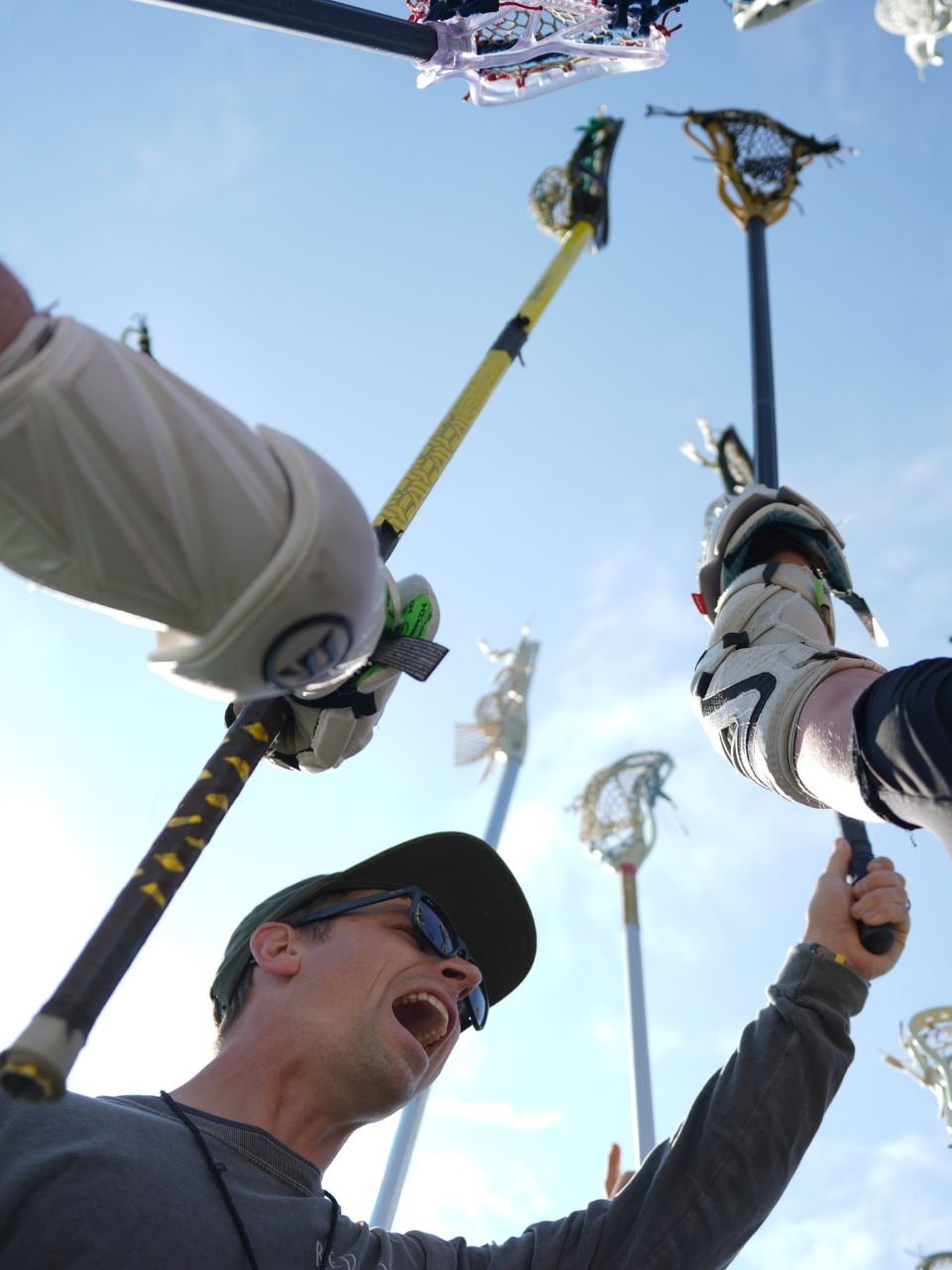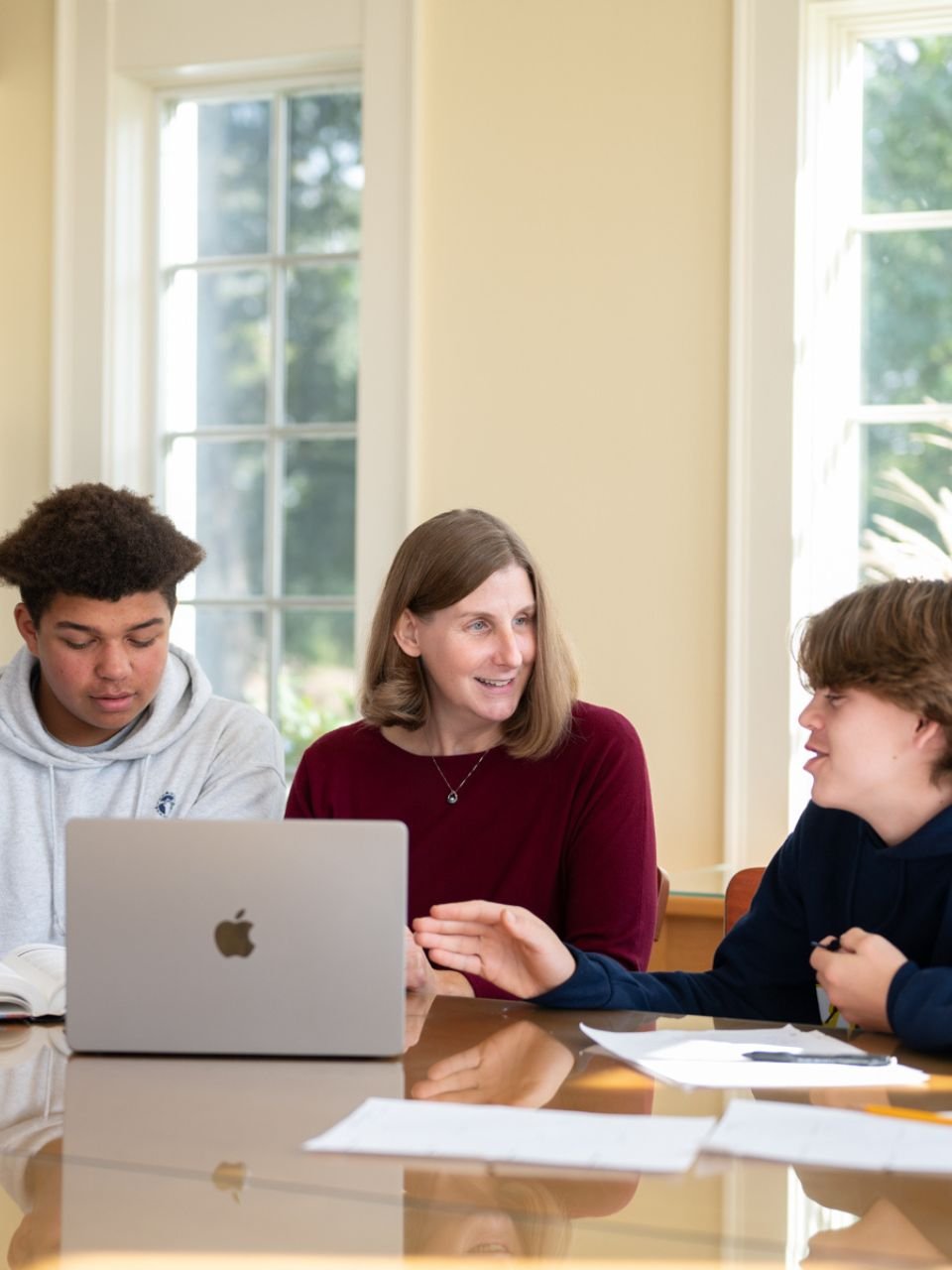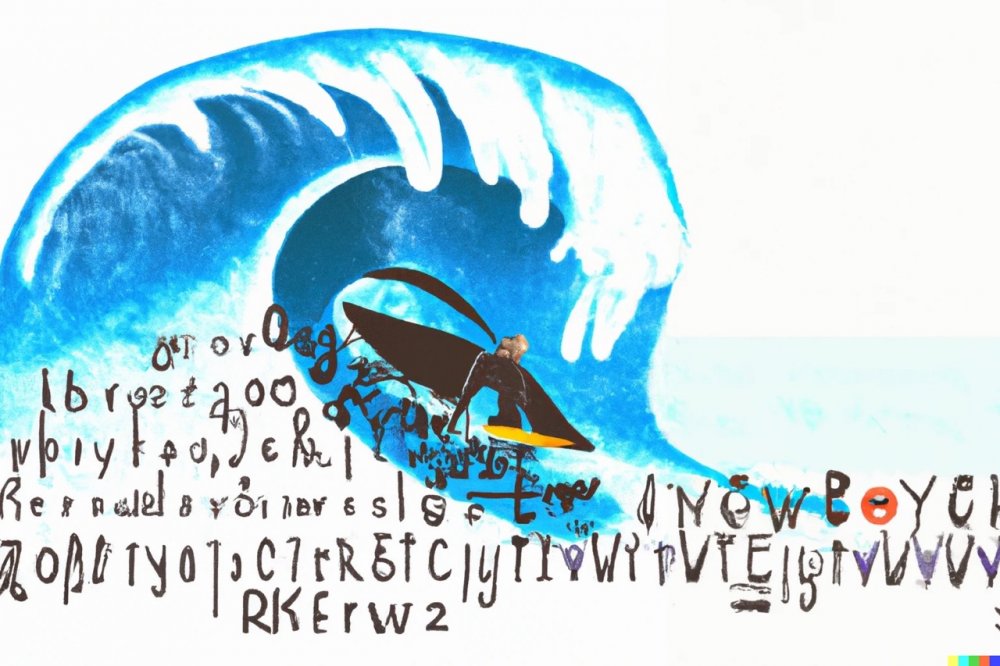- Our School
- Our Advantage
- Admission
- Elementary•Middle School
- High School
- Summer
- Giving
- Parent Resources
- For Educators
- Alumni
« Back
An AI Tsunami is Coming for Education
An AI Tsunami is Coming for Education & Dyslexia can Surf: PART 3
June 13th, 2023
An AI Tsunami is Coming for Education
& Dyslexia can Surf
Part 3
By Josh Clark
This article is part 3 in a series from Josh Clark on Generative AI as it intersects with education. This article was written on April 23, 2023.
Part 1 gives an intro to what generative AI is and how quickly it is developing. Part 2 talks about the impact on education, particularly for students with learning disabilities. This third part addresses potential concerns and hopes for our future students.
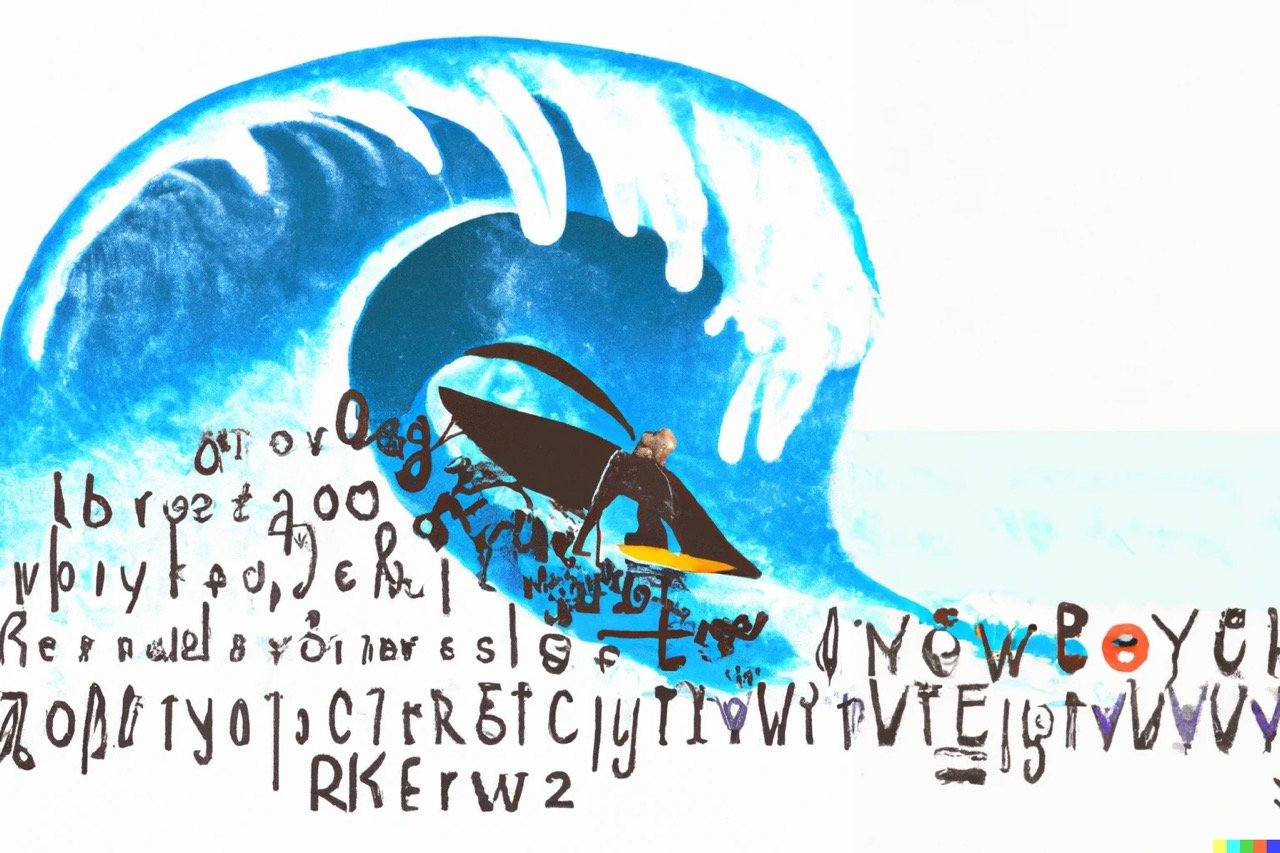
Image generated by DALL-E
Existential Threats in Need of Our Immediate Attention (Or 2 of Many Questions that are Freaking Me Out!)
As a leader of an independent school for students with dyslexia, the potential of AI overwhelms me. When I allow myself the space to consider the future, two key questions inspire equal parts excitement and angst:
How do We Prepare Students for What Comes Next?
In 2005, early into my teaching career, I read Thomas Friedman’s recently published book, The World is Flat. Its predictions of how the Internet and globalization were and would transform the world order became the keynote topic of every educational conference. Again and again we were reminded that we were preparing students for jobs that did not yet exist. It was an inspiring and daunting call to action that mostly proved credible. 18 years later, there are all kinds of professions we could not then fathom, such as an app developer and search engine optimization specialist.
As we raced to incorporate technology into our instruction, though, we remained tethered to a traditional scope and sequence of skills. Memorizing state capitals may no longer be important, but you still had to practice writing a five paragraph essay about their advantageous geography. Even if you wanted to become a lawyer, you still had to take advanced algebra in high school because those complex problems would be on the test that determined your next options. If you struggled with reading fluency or written expression, college may not be for you.
AI will have similar and likely broader implications than the Internet and at a much faster rate. What will it mean for schools when some of our core focuses are automated? How will we keep students engaged in tasks that they know they will never have to perform? My instinct is to argue that reading and writing about ideas will always be an essential part of being human and our ability to function in and contribute to society. And yet, I also have no idea how to grow lettuce, butcher a cow, or purify water. If technology casted-out these essential elements of survival from a well-rounded education, what else could become superfluous?
For students with learning differences, how will we balance remediation with empowerment? Will we deny our students a technology that is more efficient and effective to improve a craft that may not be required of them?
I think about Dr. Maryanne Wolf’s last book, Reader, Come Home. In it, Dr. Wolf laments what the rise of technology and digital scrolling as opposed to deep reading could mean for our cognitive abilities. She explains the generative impacts that focused, sustained reading has on our ability to employ empathy, think critically, and problem solve. Deep reading does not make us smarter through its content alone but also through its cognitive exercises. With the rise of ChatbotGPT I can only imagine her sequel: “Writer, Go to Your Room! You are Grounded!”
I wonder if how we think about literacy as a form of understanding and writing as a method of communication will change with AI. The rise of misinformation is already disrupting our society, and soon it will be ubiquitous and far more sophisticated than outlandish conspiracy theories. In a world where any information can be found instantly and any content created in seconds, will analyzing and critically critiquing information become more important than generating it? Will schools no longer be about learning and producing but instead understanding, analyzing and concluding? We could argue there is no real pedagogical difference between the two. However, how many of us continue to fall trap to phishing emails or take a social media post as “truth”?
If our job is to prepare students for what comes next, we need to start reckoning with the new next.
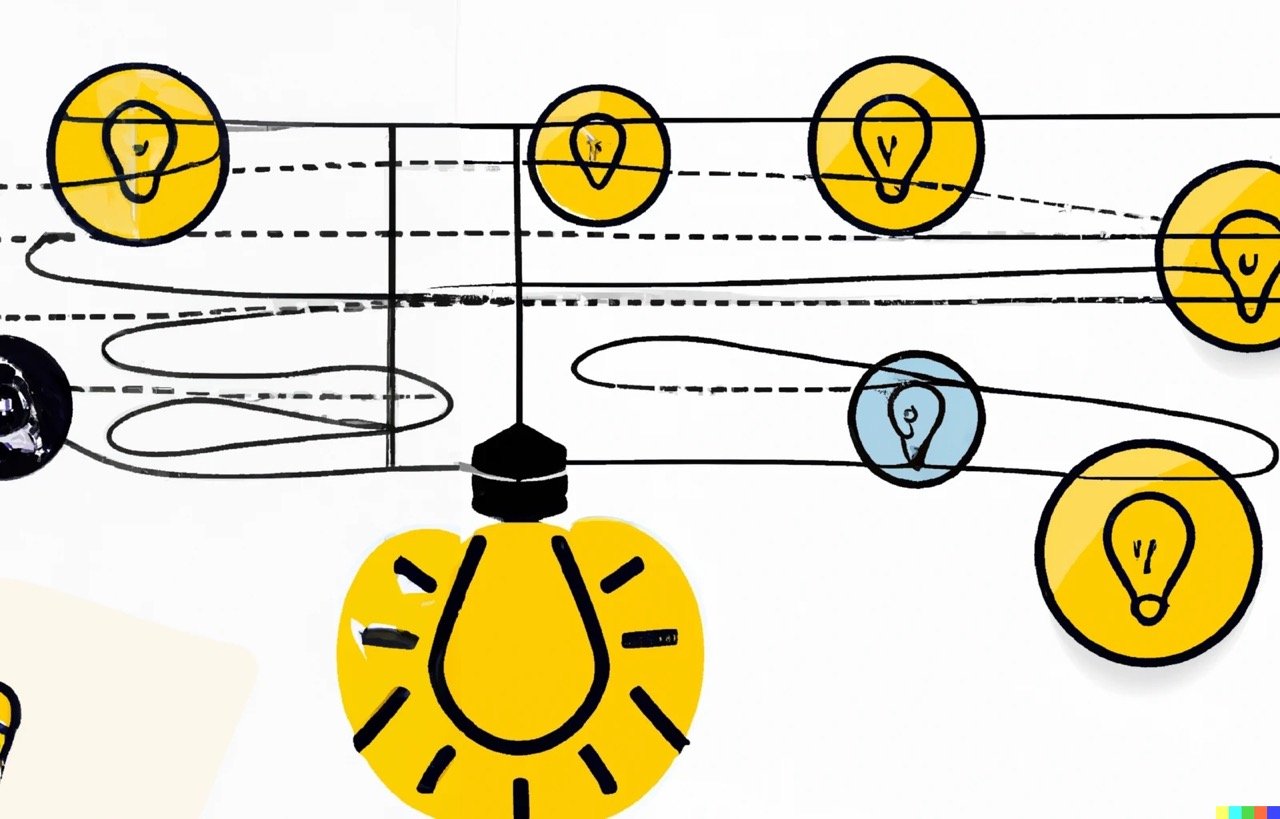
Image generated by DALL-E
What Happens when the Playing Field is Leveled?
What will it look like for independent schools, especially independent LD schools, when the playing field is finally leveled? For many of us, our value proposition is rooted in our ability to offer an individualized education delivered by experts in their fields of study. What will be the competitive advantage of independent schools when AI empowers public schools to easily achieve this standard?
As independent schools begin to consider what AI will mean for education, we must simultaneously consider how these changes will impact our market differentiators and business models. For instance, a traditional independent school justifying a high tuition because 65% of their faculty have masters in their content areas and an average SAT score of 1500, soon may not matter. Conversely, an LD independent school claiming it can teach your child in ways other public and private institutions cannot could be just as hollow.
When I consider the future of AI and independent schools, I center on the idea of authenticity. The company Replika provides users with an animated AI-powered companion. You can video call your Replica 24 hours a day, and it not only listens and responds, it remembers your past conversations so it can personalize your relationship, deepening the sense of connection. This kind of technology can be life-changing for older individuals who live alone or those who are isolated due to sickness or anxiety. It could also provide inexpensive and accessible therapy services. And it can lead to addiction and further isolation. When Replika stopped allowing ‘intimate’ conversations, users lost their minds.
It is easy to say that this kind of AI companionship should not be available to children. However, neither should online pornography or social media. In the near-term, it is likely that all of us, including children, will have AI companions. And for students already reluctant to navigate complex social networks, the allure of escaping to your risk-free, constant AI companion will be a far more powerful incentive than navigating who to sit with at the lunch table.
This is just one small example of the ways AI might alter how students develop and the roles schools will play. If content expertise and standardized test scores no longer hold the same value, how schools actually help students develop into responsible, grounded and happy people could become the new premium. Many highly successful independent schools will claim they already do this and that they have nothing to lose. I would encourage these schools to take a sobering look at what their incentives, rituals, celebrations and marketing reveals as their most important aims.
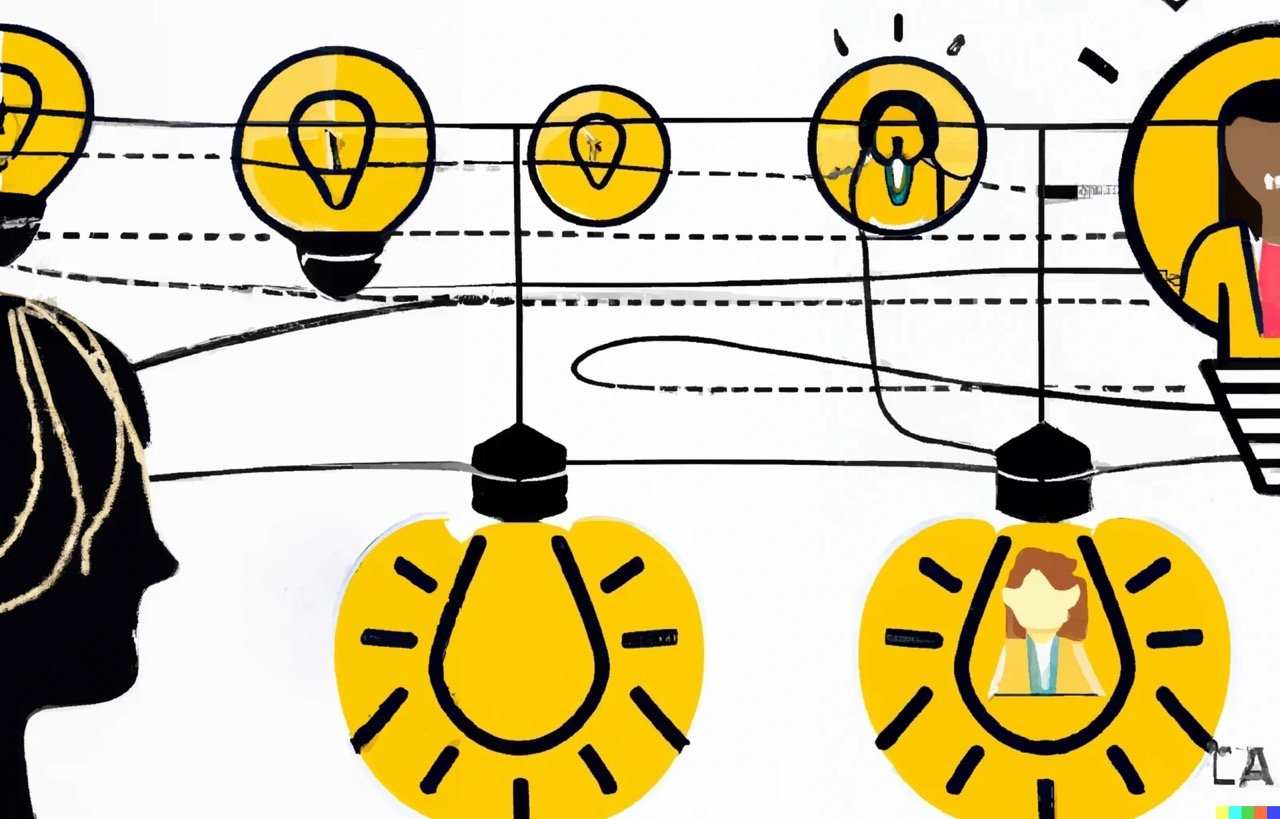
Image generated by DALL-E
Final Thoughts
The consequences of an AI-powered world are still unknown. In a 2022 survey of AI researchers, the median results gave a 10% chance of AI wiping out mankind. Those same people also argue that AI could lead to a post-work Utopia. The reality is likely somewhere in the middle.
New York Times columnist and podcaster, Erza Klien, posed this thought experiment: What if you told someone in 1990 that they would soon have a technology that fits in their pocket and allows them instant access to all the world’s knowledge and the ability to connect over video with anyone, anywhere in real-time? Their response would likely be on par with flying cars and holodecks. Conversely, what if you told that same person that in the future there would be a pocket-sized device that increased their distractibility by at least 35% and that many would become addicted to it?
It is a sobering reminder that even the most profound advances can have complicated results. Regardless of this uncertainty, what is coming cannot be ignored. Much like a global pandemic, we cannot dismiss the possibility simply because we do not like it or because it challenges some of our fundamental understandings. As school leaders and advocates for those who learn differently, we must begin these conversations now. The traditional system has never worked for our students, and we might finally have the opportunity to redesign it.
Read all parts of this series An AI Tsunami is Coming for Education & Dyslexia can Surf:

About the Author
Josh Clark is the Head of Landmark School and Chair of the International Dyslexia Association. Before joining Landmark School, Josh had already begun to make a name for himself as a champion of struggling learners. He was the head of two other schools that empowered struggling dyslexic learners. He is also an expert contributor to the global nonprofit Made by Dyslexia and Microsoft Education. As a brilliant dyslexic himself, Josh is a life-long learner and problem-solver.
Join Josh for an EdChat
Virtual community discussions delving into the intersection of artificial intelligence, education, and learning disabilities.
Posted in the category Learning.








